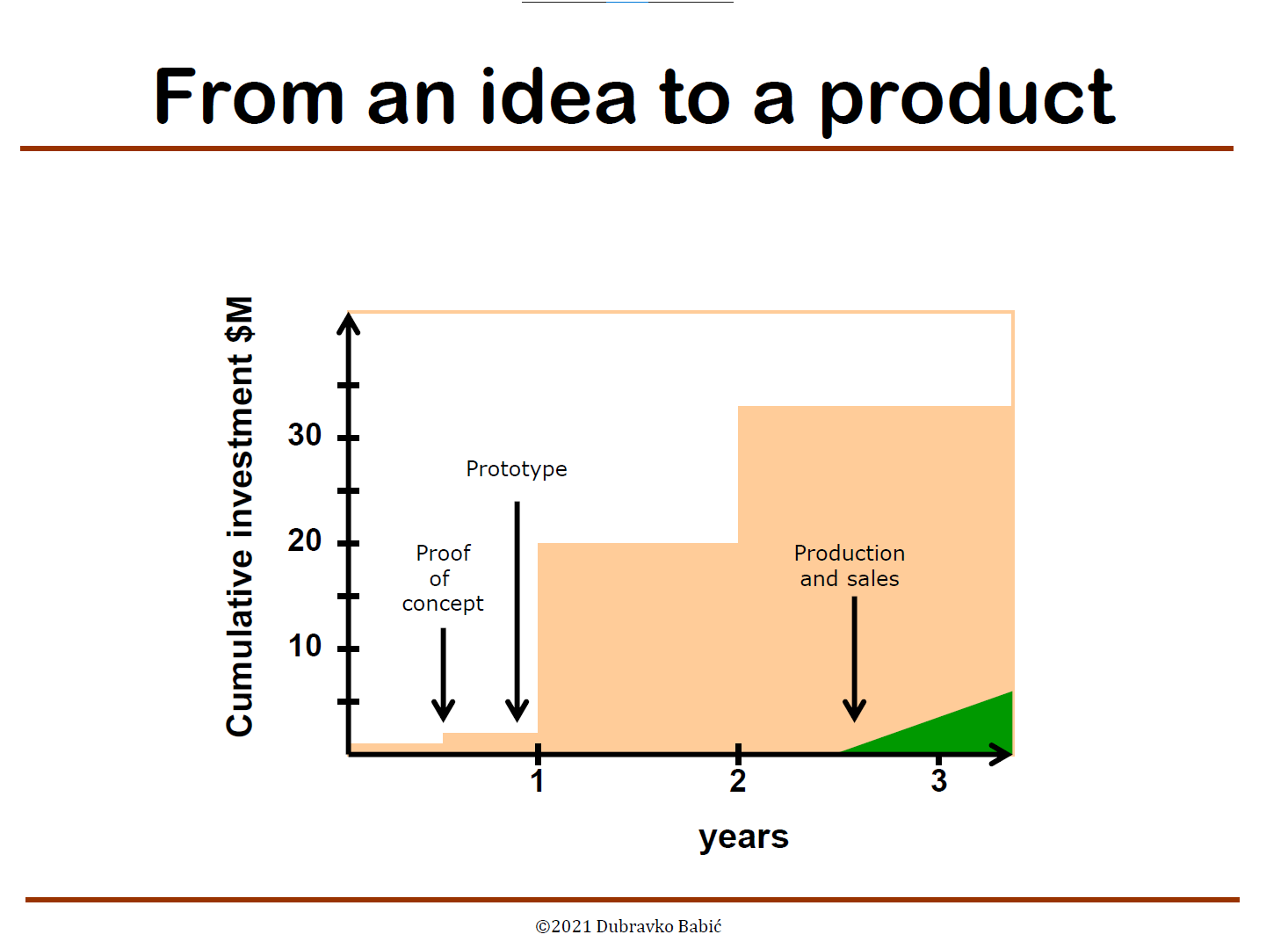Startup 101 by Nuqleus
Doing research in a startup company


Published 25.07.2023.
Idea
Startups can be classified into two extremes based on their innovations. Some startups adapt existing technology to create new products, while others venture into uncharted territories with new technology that requires scientific development. Both approaches have different challenges. Startups need to be aware of the market saturation risk and potential scientific development difficulties.
Developing a new technology can be particularly daunting and startups may face challenges like technical feasibility, time and resource intensiveness, high development costs, uncertain outcomes, intellectual property management, talent acquisition, market readiness and timing, regulatory compliance, scaling, and educating the market. To overcome some of these challenges, startups often seek support from venture capitalists and private industrial investors.
These investors are not just supporting you out of goodwill; their primary goal is to make money. They seek startups that have the potential for disruptive innovations, which can lead to significant returns on their investment. Understanding this perspective is essential for startups seeking funding and aligning their goals with the investors.
Embarking on a startup journey is not for the faint-hearted. It requires a deep understanding of investors’ motivations, meticulous financial records, and a clear vision for your technology’s potential survival. Knowing when to adapt existing technology and when to pioneer new frontiers can make all the difference in a startup’s success. As you navigate the unpredictable waters of entrepreneurship, keep these insights in mind and chart your course towards a thriving and impactful startup venture.